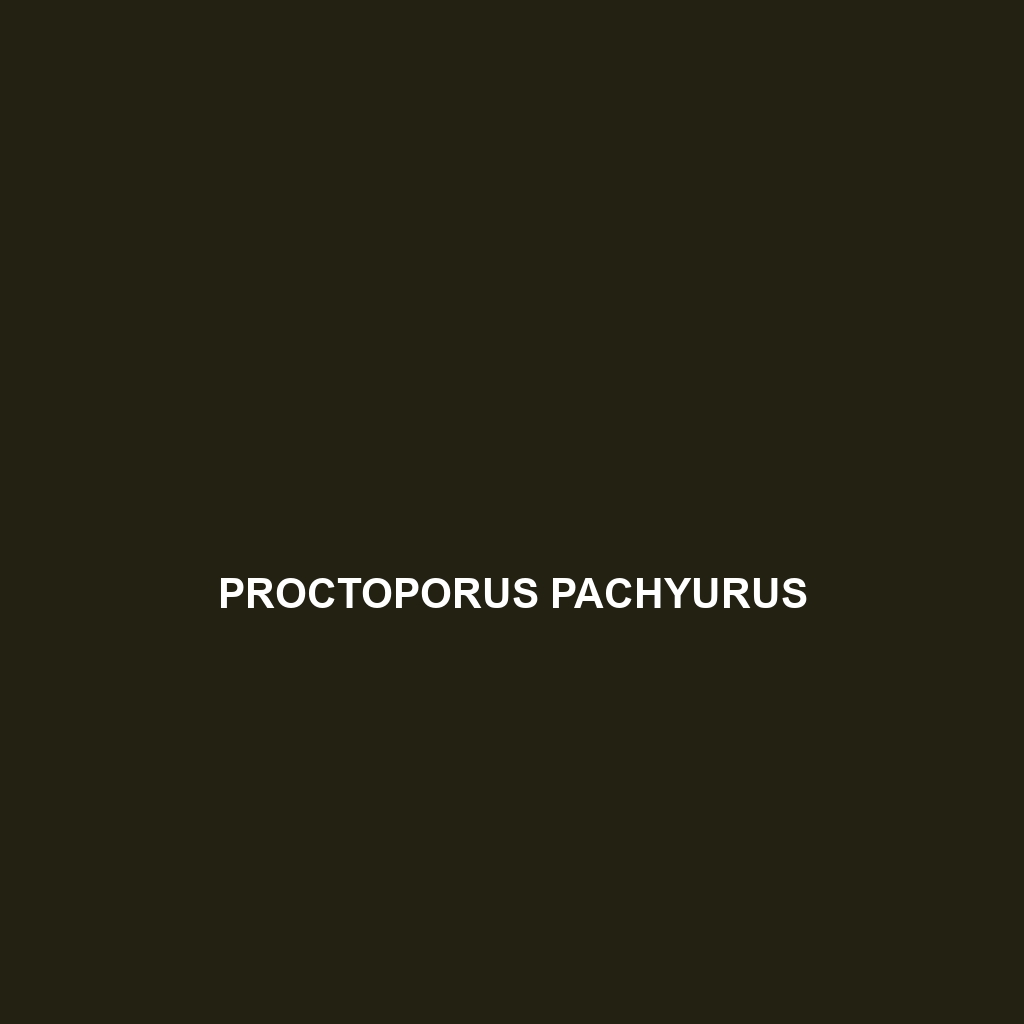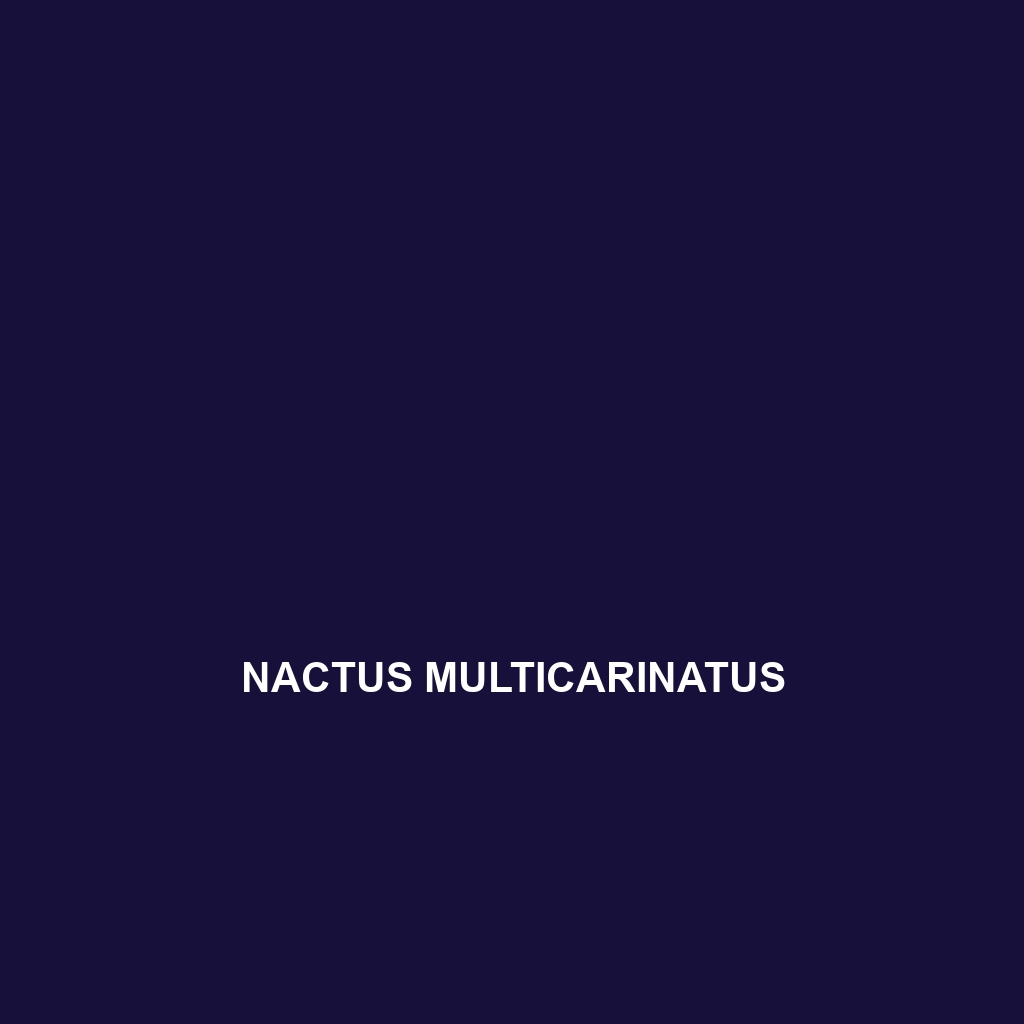Discover the Sphaerodactylus nycteropus, also known as the bat-faced gecko, a vibrant species native to the tropical forests of the French Caribbean. Measuring 7 to 10 centimeters, this nocturnal gecko features striking dark brown and green coloration with large expressive eyes, making it an essential insectivore that contributes to ecological balance in its rainforest habitat.
Tag: arboreal gecko
Sphaerodactylus clenchi
<strong>Sphaerodactylus clenchi</strong>, a small gecko measuring 5 to 7 cm, thrives in the humid rainforests of Hispaniola, showcasing a diverse color palette that aids in camouflage. This nocturnal insectivore plays a vital role in its ecosystem, helping to regulate insect populations while serving as prey for larger animals.
Pseudogekko smaragdinus
<b>Pseudogekko smaragdinus</b>, known as the Emerald Token Gecko, is a vibrant green, nocturnal insectivore native to the tropical rainforests of Southeast Asia, particularly the Philippines. This small to medium-sized gecko, measuring 12 to 20 cm in length, exhibits arboreal behavior and plays a vital role in its ecosystem by controlling insect populations and aiding in seed dispersion.
Proctoporus pachyurus
<b>Proctoporus pachyurus</b>, or thick-tailed gecko, is an arboreal insectivore native to the tropical and subtropical regions of the central Andes, characterized by its robust body, thick tail, and distinctive earthy coloration. This nocturnal species plays a crucial role in controlling insect populations and contributes to the forest ecosystem's biodiversity.
Pseudogekko smaragdinus
<b>Pseudogekko smaragdinus</b>, known as the Emerald Token Gecko, is a vibrant green, nocturnal insectivore native to the tropical rainforests of Southeast Asia, particularly the Philippines. This small to medium-sized gecko, measuring 12 to 20 cm in length, exhibits arboreal behavior and plays a vital role in its ecosystem by controlling insect populations and aiding in seed dispersion.
Proctoporus pachyurus
<b>Proctoporus pachyurus</b>, or thick-tailed gecko, is an arboreal insectivore native to the tropical and subtropical regions of the central Andes, characterized by its robust body, thick tail, and distinctive earthy coloration. This nocturnal species plays a crucial role in controlling insect populations and contributes to the forest ecosystem's biodiversity.
Phelsuma serraticauda
<p><b>Phelsuma serraticauda</b>, also known as the Madagascar day gecko, is a vibrant, diurnal species distinguished by its slender body measuring 15 to 25 cm, adorned with bright green and yellow or blue spots. This omnivorous gecko thrives in humid Madagascar rainforests, playing a crucial role in its ecosystem as both predator and pollinator.</p>
Phelsuma breviceps
Experience the vibrant Madagascar short-headed day gecko, or <b>Phelsuma breviceps</b>, known for its striking green scales and unique adhesive toe pads. This small, diurnal gecko thrives in Madagascar's rainforests, playing a key role in local ecosystems as both a predator and pollinator.
Nactus multicarinatus
Discover the Nactus multicarinatus, or New Caledonian sticky-toed gecko, a medium-sized, nocturnal insectivore known for its vibrant coloration, sticky toe pads for climbing, and vital role in its ecosystem as both a predator and prey. This unique species thrives in the humid rainforests of New Caledonia, contributing to ecological balance and showcasing fascinating adaptations for survival.
Lygodactylus expectatus
Discover the vibrant Lygodactylus expectatus, a diurnal gecko native to the lush rainforests and coastal regions of Madagascar and the Comoros. With its striking colors, specialized climbing toes, and a diet primarily consisting of insects, this captivating species plays a crucial role in its ecosystem.









